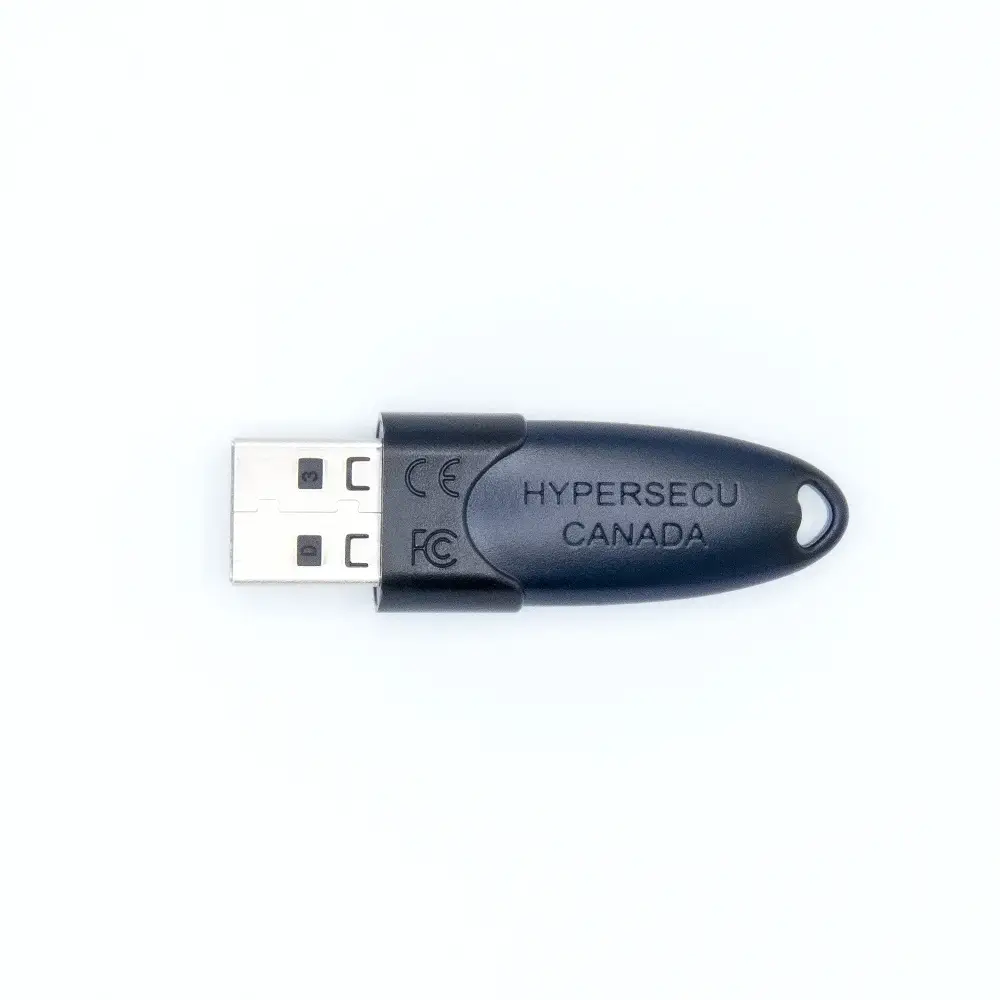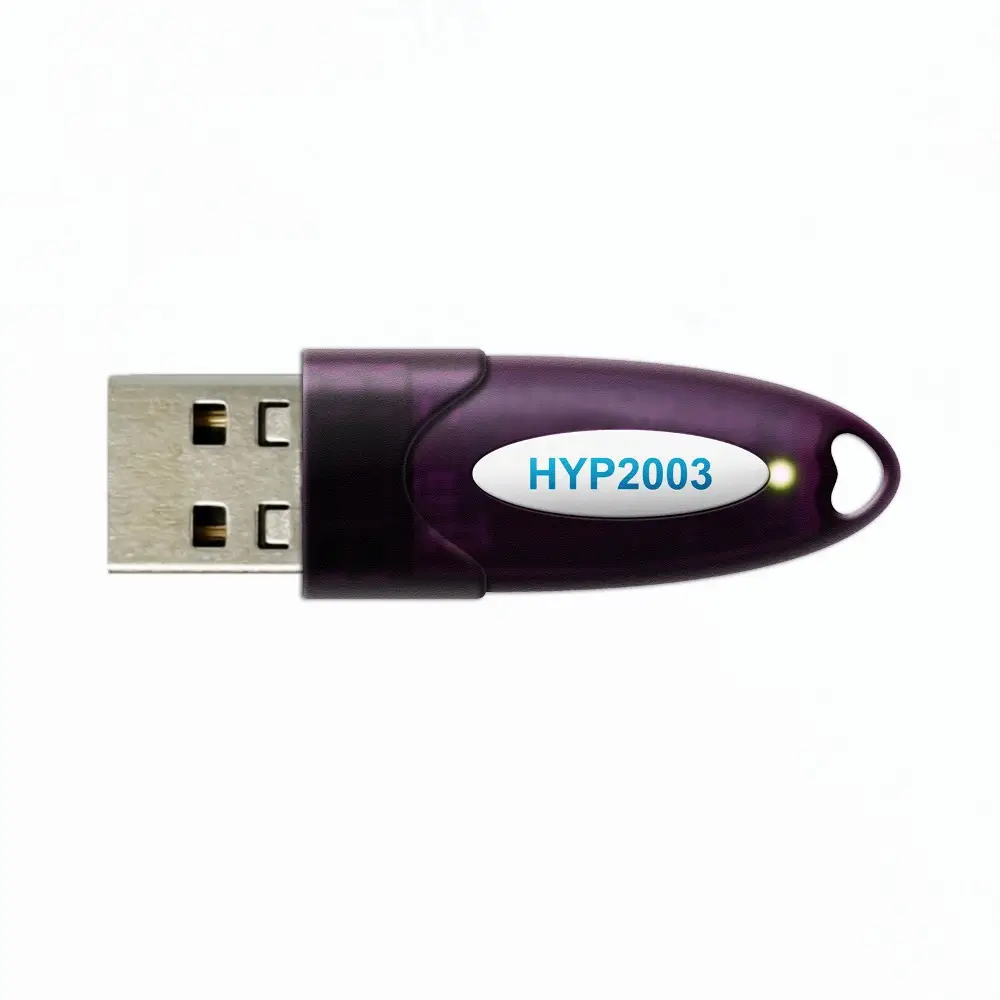





1 Auto plug and play- no cd required for driver installation
2 Connectivity: USB 2.0 full speed, Connector type A
3 FIPS 140-2 Level 3 certified hardware encryption
4 Laser printed serial number on each ePass token
5 Supported STS: 32bit and 64bit Windows XP SP3, Server 2003, Vista, Server 2008, Seven, Eight, 32bit and 64bit Linux and MAC OS X
This ePass 2003 Auto Token provides a secure way to store digital certificates and perform cryptographic operations. It’s easy to use, and plug and play functionality ensures seamless integration.
Our versatile HyperPKI Smart Card USB tokens are USB-interfaced devices that offer a variety of security measures, including certificate-based public key infrastructure (PKI) authentication, digital signing, encrypting/decrypting files such as emails and documents, VPN client authentication, and more.
In digital certificate-based PKI applications, private keys play an important role in asymmetric cryptography. Our HyperPKI USB tokens ensure private keys are generated, stored, and used onboard within the security module inside the device, preventing any risk of leaking critical private key information. Our tokens are FIPS 140-2 validated and fully certified to ensure this level of protection meets the highest standards.
Secure smart card chips are widely adopted in the banking and payment card industry to ensure the highest level of protection. HyperPKI devices are equipped with a 32-bit smart card chip and a dedicated COS (Chip Operating System). Our HyperPKI HYP2003 USB tokens store digital certificates and private keys onboard for increased security. When decrypting, encrypting, or digitally signing, the token does so internally in a secure chip, meaning the keys are never at risk of being stolen.
The HyperPKI HYP2003 token requires no drivers with most popular OS platforms such as Windows, MacOS, and Linux. At the hardware level, it's natively recognized by the operating system, making it easy to use with no plugins necessary. High level applications can communicate with the token through the PKCS#11 library to perform standardized operations, such as key pair generation, encryption, decryption, digital signing, and more.